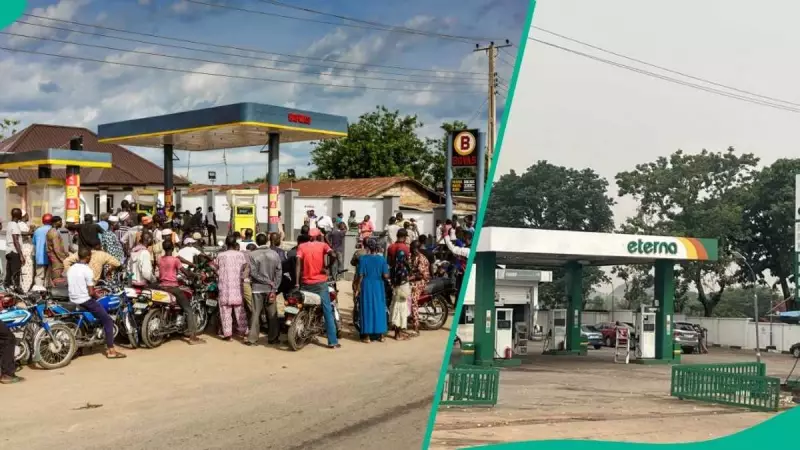
The Federal Government has announced a significant policy shift that will directly impact every Nigerian motorist and business owner. A new 15% tariff has been imposed on all imported petrol and diesel, a move that experts predict will trigger immediate price increases at filling stations nationwide.
What This Means for Nigerian Consumers
The newly introduced levy represents one of the most substantial adjustments to fuel importation costs in recent years. With Nigeria still heavily reliant on imported petroleum products despite being Africa's largest oil producer, this tariff will inevitably translate to higher pump prices for both petrol and diesel.
Industry analysts project that the additional 15% cost on imports will create a ripple effect throughout the economy. Transportation costs are expected to rise, which will likely increase prices for goods and services across various sectors.
Government's Rationale Behind the Tariff
While the government hasn't provided detailed explanations for the timing of this decision, energy sector observers suggest this move aligns with broader efforts to reduce the country's dependence on imported refined products. The tariff comes as the Dangote Refinery and other domestic refining projects aim to boost local production capacity.
The petroleum products that will be affected by this new tariff include:
- Premium Motor Spirit (PMS/petrol)
- Automotive Gas Oil (AGO/diesel)
- Other imported refined petroleum products
Expected Impact on Nigerian Economy
Business owners who rely on diesel for power generation are particularly concerned about the impending price hike. Many Nigerian companies depend on diesel-powered generators due to unreliable grid electricity, meaning operational costs could increase substantially.
For ordinary citizens, the petrol price increase will affect daily commuting expenses and household budgets. Market women, commercial drivers, and small business owners are expected to feel the impact most acutely.
The coming weeks will reveal the full extent of this policy's effect on Nigeria's economy and the pockets of its citizens. As filling stations adjust their pricing structures, consumers are advised to prepare for changes in their transportation and energy costs.





